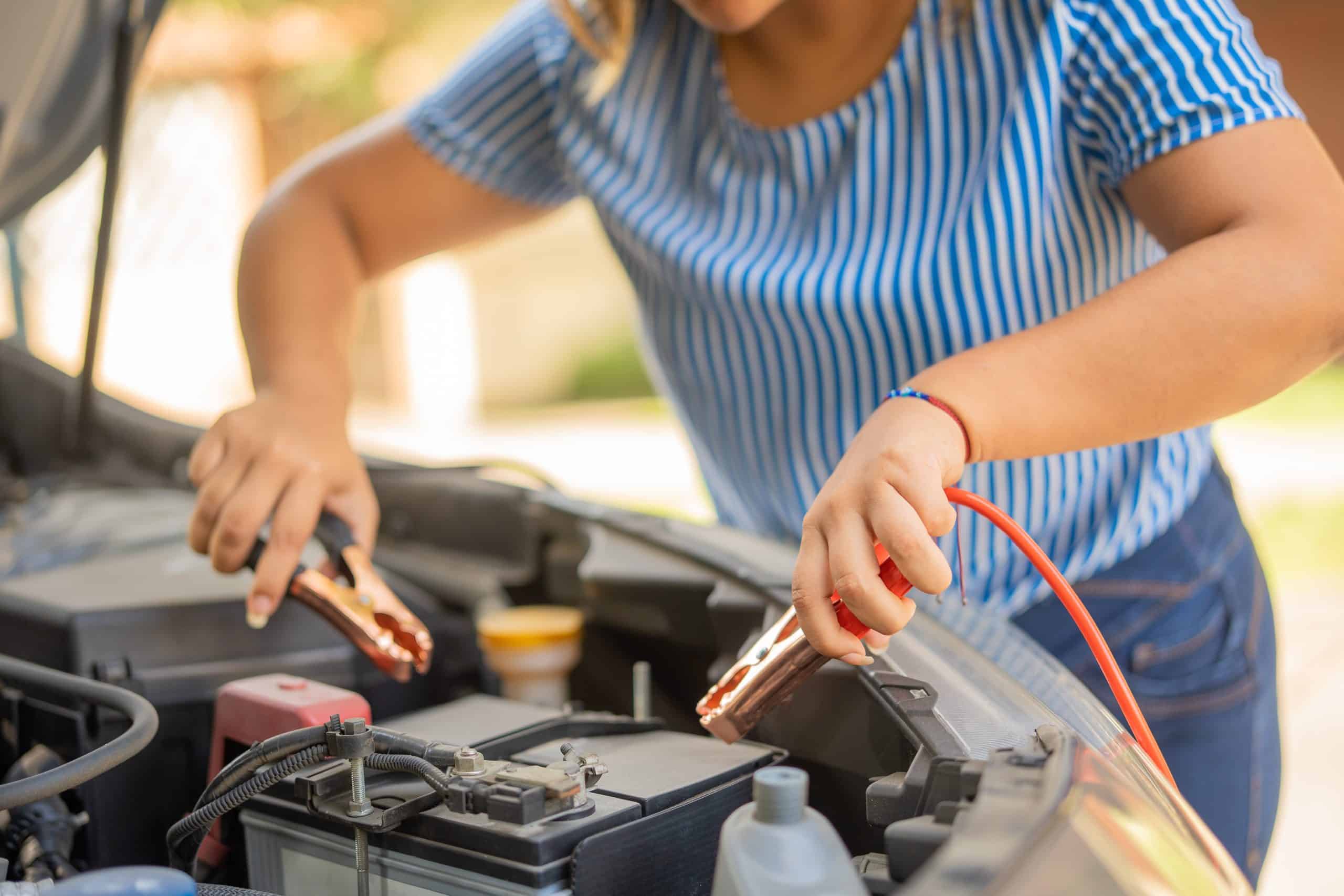In every vehicle, the battery plays a crucial role in powering the engine to start the car.
As batteries are used over time, continually undergoing cycles of charging and discharging, their lifespan gradually deteriorates.
If you fail to monitor the health of your battery, you may end up stranded on the side of the road with a dead car battery.
There are several warning signs that indicate when it’s time for a new battery, and being aware of them can help you avoid unexpected breakdowns.
From dashboard indicators to dimming headlights, here are five signs that it might be time to replace your car battery.
1. Your Car is Not Starting
One of the most apparent and alarming signs that you need a new battery is when your car refuses to start. When you turn the key in the ignition, you should immediately hear the engine starting to hum.
If you only hear a clicking noise or silence, this typically indicates that your battery is too weak to start the car.
Before you rush to buy a new battery, make sure to check the connections to ensure the problem isn’t simply due to loose cables.
Your car battery is located in the engine bay. Check the terminal posts and make sure the cables are securely attached.
If there’s visible corrosion on the posts, clean it off using a wire brush or a mixture of water and baking soda.
After performing these checks, attempt to jump-start the car using jumper cables to connect your battery to a working one. If this doesn’t work, it’s time for a replacement battery.
2. Slow Starting
When a car’s battery is losing power, it may struggle to provide enough energy to start the car quickly. If you notice that your car takes longer than usual to start, this could indicate that the battery is weakening.
A battery with insufficient voltage may not be able to power the starter motor effectively, delaying the engine’s ignition.
Modern car systems such as fuel pumps, ignition systems, and computer-controlled accessories require more power to function.
If these systems are slow to activate, it could signal that the battery is weakening.
While recharging the battery using the alternator might provide a temporary fix, it is a sign that the battery needs replacement in the near future.
3. Electrical Equipment Acting Up
Since the battery is the primary source of power for your vehicle, a failing battery can affect various electrical components. For example, power windows may operate more slowly, or the radio may begin cutting out.

You may also notice flickering dashboard lights or the illumination of the check engine light. These issues often indicate that there isn’t enough power to run the car’s electrical accessories properly.
4. Visible Corrosion
Corrosion can develop not only on parts exposed to water, such as brake rotors, but also on the battery terminals where it connects to the cables.
Excessive corrosion is a sign that the battery may be leaking acid and losing its ability to hold a charge.
Corrosion can also cause the power cables to detach, leading to issues with starting the car.
The buildup of corrosion is typically caused by the sulfuric acid inside the battery. As the battery charges, sulfuric acid reacts with the lead plates to generate electricity.
Hydrogen gas leakage is another common cause of corrosion, as it reacts with metals in the battery connections, creating copper sulfate that contributes to the corrosion.
5. Physical Damage
Collisions or accidents, even minor ones, can cause physical damage to your car battery.
Even if the accident doesn’t seem severe, the impact can loosen the battery or cause internal damage. This is especially true for cars where the battery is located under the hood.
Though batteries are designed to be protected from the elements, they are still vulnerable to damage.
Regular vibrations from driving, as well as extreme weather conditions, can cause harm to the battery. In some cases, components inside the battery may shift and cause a short circuit.
Freezing temperatures can also crack the battery case, leading to leaks of sulfuric acid. If you notice any visible damage to the battery casing, it is a clear sign that you need a new battery.
The leaking acid is dangerous and can be harmful to both the environment and your health.
Car batteries are vital for starting and running your vehicle. While it can sometimes be difficult to know when to replace the battery, paying attention to the warning signs listed above can help.
If you notice any of these issues, it’s likely time for a new battery.When replacing your battery, be sure to choose the right one for your car, considering factors such as size, type, and terminal locations.
Additionally, always dispose of your old battery properly, as it contains harmful chemicals that can negatively impact the environment.

